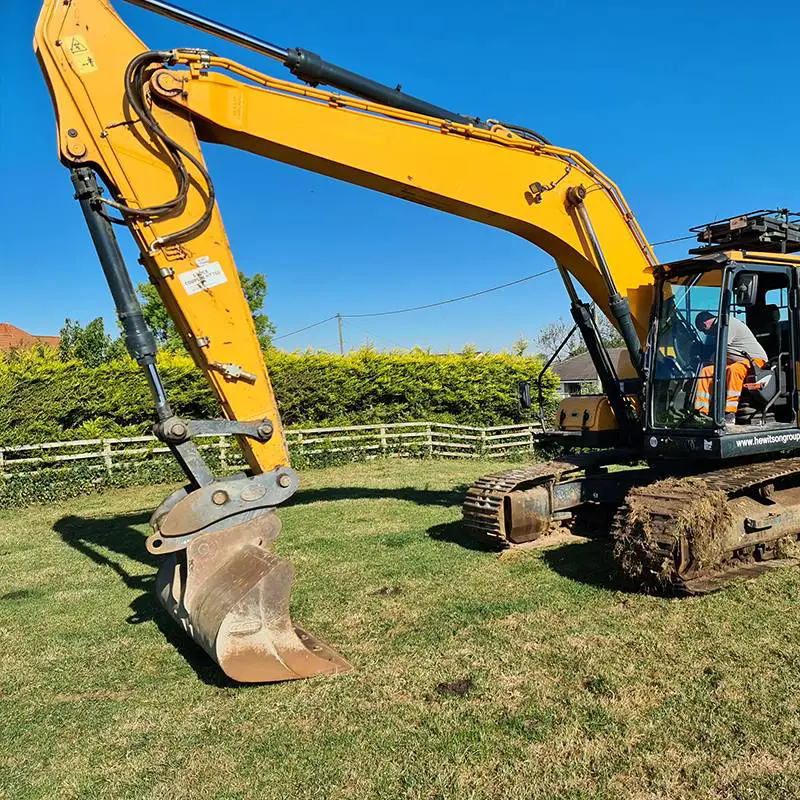Used Trailers: Your Questions Answered
2024-10-30
Purchasing a used trailer can be a smart and economical decision for many individuals and businesses. Whether you need it for hauling equipment, moving goods, or recreational purposes, buying a used trailer can offer significant savings while still meeting your needs. In this blog post, we will answer some frequently asked questions about used trailers to help you make an informed choice.
What Are the Different Types of Used Trailers Available?
There are various types of used trailers available, each designed for specific purposes. Some common types include:
1. Utility Trailers: These versatile trailers are perfect for hauling general cargo, landscaping equipment, or furniture. They often feature an open design for easy loading and unloading.
2. Enclosed Trailers: Ideal for protecting goods from the elements, enclosed trailers are great for transporting valuable equipment, tools, or personal belongings.
3. Car Haulers: Specifically designed for transporting vehicles, car hauler trailers come equipped with ramps and tie-down points to secure the vehicle during transit.
4. Dump Trailers: Perfect for landscaping, construction, or waste removal, dump trailers have a hydraulic lift that allows you to unload materials easily.
5. Travel Trailers: These trailers are designed for recreational use, offering a living space for camping or road trips. Used travel trailers can be a budget-friendly alternative to new models.
What Should You Consider When Buying a Used Trailer?
When purchasing a used trailer, keep the following factors in mind:
1. Condition: Thoroughly inspect the trailer for signs of wear and tear, rust, or damage. Check the tires, brakes, and lights to ensure they are in good working order.
2. Weight Capacity: Determine the weight capacity of the trailer to ensure it meets your hauling needs. Make sure to account for the weight of the trailer itself plus the cargo you plan to carry.
3. Type of Trailer Hitch: Ensure that your vehicle is compatible with the trailer hitch type of the trailer you are considering. Common hitch types include ball hitches and gooseneck hitches.
4. Title and Registration: Verify that the trailer has a clear title and is properly registered. This will help avoid potential legal issues down the road.
5. Price Comparison: Research prices for similar used trailers to ensure you are getting a fair deal. Consider both private sellers and dealerships.
Where Can You Buy Used Trailers?
There are several avenues to explore when looking to buy used trailers:
1. Online Marketplaces: Websites like Craigslist, eBay, and Facebook Marketplace offer a wide selection of used trailers from private sellers and dealerships.
2. Local Dealerships: Many trailer dealerships sell used models alongside new trailers. Visiting a dealership can also provide you with expert advice and potential financing options.
3. Auction Sites: Auctions can be a great way to find used trailers at competitive prices. Websites like GovDeals or local auction houses may have trailers available for bidding.
4. Classified Ads: Check local newspapers or classified ads for listings of used trailers for sale in your area.
What Are the Benefits of Buying a Used Trailer?
Buying a used trailer comes with several advantages:
1. Cost Savings: Used trailers are generally more affordable than new ones, allowing you to get a quality product without breaking the bank.
2. Depreciation: Trailers depreciate in value over time, so purchasing a used one can save you from the steep depreciation that comes with new trailers.
3. Availability: There is often a wide variety of used trailers available, giving you more options to find one that suits your specific needs.
4. Proven Performance: Used trailers often come with a history of performance, allowing you to assess their reliability based on previous ownership.
Are There Any Risks Involved in Buying a Used Trailer?
While buying a used trailer can be advantageous, there are some risks to consider:
1. Hidden Damage: Some trailers may have hidden issues that aren't immediately apparent. A thorough inspection and possibly a professional assessment can help mitigate this risk.
2. Limited Warranty: Used trailers may not come with a warranty, meaning you could be responsible for repairs shortly after purchase.
3. Registration Issues: Ensure that the trailer's title and registration are clear to avoid potential legal problems in the future.
Conclusion
Purchasing a used trailer can be a cost-effective and practical solution for a variety of needs, whether for personal use or business purposes. By understanding the different types of trailers available, considering important factors before buying, and knowing where to look, you can make an informed decision that best suits your needs. If you have any more questions about used trailers or need assistance in your search, feel free to reach out!



